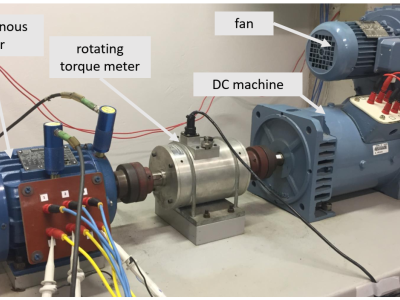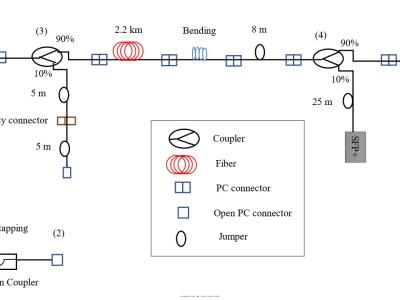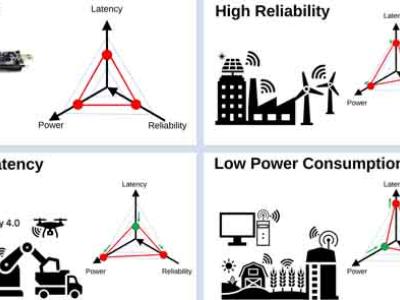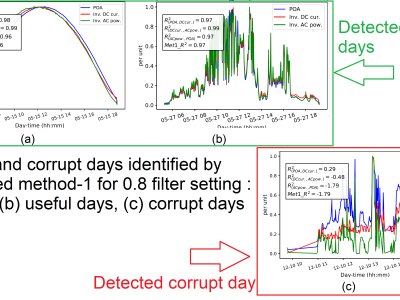Multiwinding Transformer-based DC-DC Converters - Fault-tolerance approach
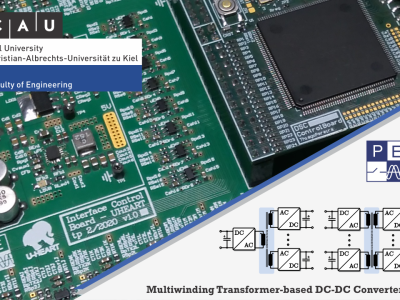
- Citation Author(s):
- Submitted by:
- Thiago Pereira
- Last updated:
- DOI:
- 10.21227/676w-by82
- Data Format:
- Research Article Link:
- Links:
 1194 views
1194 views
- Categories:
- Keywords:
Abstract
Multiwinding-Transfomer-based (MTB) DC-DC converter did emerge in the last 25 years as an interesting possibility to connect several energy systems and/or to offer higher power density because of the reduction of transformer core material and reduction of power converter stages. MTB DC-DC converters can be considered as an interesting compromise between non-modular and a modular DC-DC converter since they are themselves modular in the construction. This eventually leads to some fault-tolerant possibilities since the multiwinding transformer (MWT) connects multiples ports and if one of them is not working anymore and it can be isolated, the others might still continue operating. Unfortunately, it is exactly the MWT that creates most of the technical challenges of this class of DC-DC converters because of the cross-coupling effects among the cells which make especially the resonant-topology very challenging to be designed. This paper reviews the history of the MTB DC-DC and then provides a classification of them, comparing them with Figure of Merits (FOM) and focusing on which is the maximum possible number of windings and which are the most suited magnetic core types. The problems coming from cross-coupling and the possible fault-tolerant operation are analyzed with the help of simulation and experimental results.
Instructions:
Please, watch the attached movie which shows the concept of the MTB Topologies and its inherent fault-tolerance capability.
For more details, please access our:
Webinar - https://resourcecenter.ieee-pels.org/education/webinars/PELSWEB030921V.html
IEEE Paper - 10.1109/TPEL.2021.3064302
Reference: T. Pereira, F. Hoffmann, R. G. Zhu and M. G. Liserre, "A Comprehensive Assessment of Multiwinding Transformer-Based DC-DC Converters," in IEEE Transactions on Power Electronics, doi: 10.1109/TPEL.2021.3064302.


